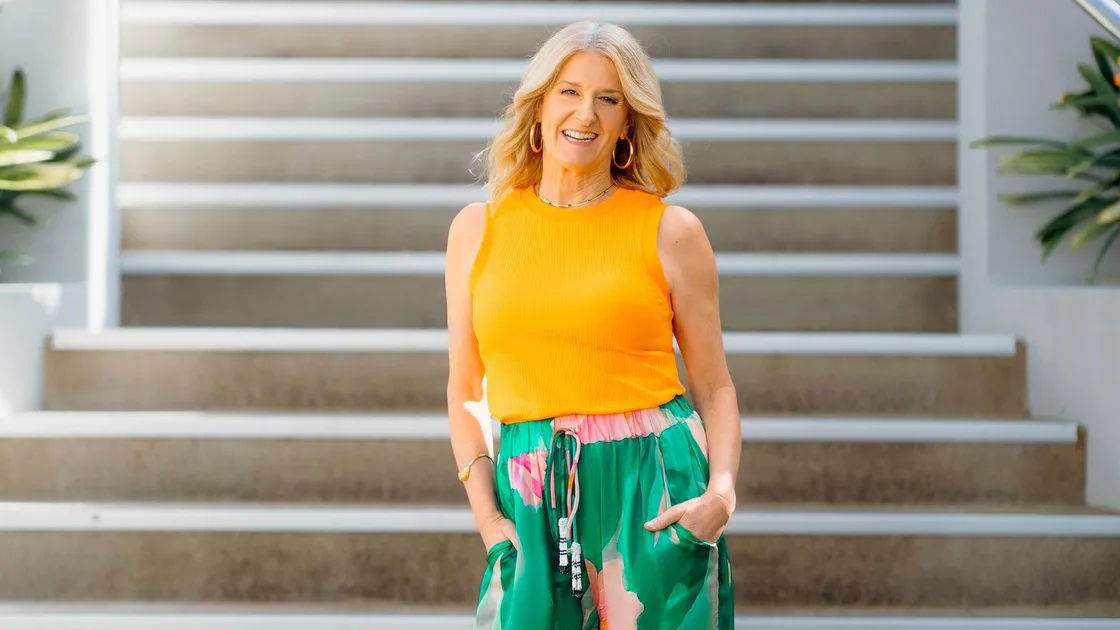Can eating less be the key to a longer, healthier life? A new study suggests that mindful eating and calorie moderation can extend life expectancy while improving overall health. We spoke to Dr Aniket Mule, Consultant in Internal Medicine at Wockhardt Hospitals, Mira Road, who sheds light on these findings and explains how small dietary changes can unlock the secret to longevity.
Do Your Eating Habits Correlate With Your Life’s Longevity?
Your eating habits have a profound impact on your quality of life and longevity. According to Dr Mule, “Mindful eating helps regulate blood sugar, blood pressure, and cholesterol levels, all of which are critical to preventing cardiac issues and strokes.” A diet full of nutrient-dense, whole foods while avoiding processed, junk, and calorie-laden options promotes better health outcomes.
Eating less doesn’t mean deprivation; rather, it means focusing on providing your body with just what it needs. Overeating or consuming unhealthy foods can lead to obesity, diabetes, and cardiovascular diseases, reducing your lifespan. Meanwhile, cutting back on unhealthy choices and sticking to a moderate, balanced diet keeps your body functioning optimally.
Is This Study Viable?
The idea that eating less can extend life has gained traction in recent years, backed by scientific research. The principle lies in reducing the metabolic burden on the body. Dr Mule elaborates, “By eating less, the burden on the organs is reduced, cellular ageing slows, and one can potentially unlock the secret to a longer, more vibrant life.”

The concept isn’t merely about calories but about consuming high-quality foods in moderation. The expert highlights the importance of whole foods and natural ingredients, emphasising that leafy greens, berries, nuts, seeds, and fermented foods offer significant health benefits. These foods are loaded with antioxidants, healthy fats and essential nutrients that protect against ageing and chronic illnesses.
However, while the study provides compelling insights, it’s crucial to approach it with balance. Eating less should never compromise the body’s nutritional requirements. Instead, moderation should be paired with mindful food choices to achieve sustainable benefits.
Don’t Miss:Does Endometriosis Affect Relationships, Sex, and Emotional Well-being? Doctor Shares Inputs
How Does Eating Less Make You Live Longer?
The mechanism behind eating less and living longer is tied to reduced stress on the body’s systems. When calorie intake is moderated:
- Reduced Organ Stress: Overeating taxes organs like the liver and pancreas, increasing the risk of conditions such as fatty liver disease and diabetes. Cutting back allows these organs to function efficiently.
- Slower Cellular Ageing: “Eating less slows cellular ageing,” Dr Mule notes. This process is vital in maintaining the body’s vitality over time.
- Improved Metabolic Health: A balanced diet can keep metabolic markers like cholesterol and glucose in check, reducing the risk of chronic diseases.

Dr. Mule also emphasises the role of specific food groups in promoting longevity:
- Leafy Greens: Spinach and kale are nutrient powerhouses packed with antioxidants.
- Berries: Blueberries and strawberries combat inflammation and promote heart health.
- Nuts and Seeds: Walnuts and chia seeds provide healthy fats that benefit the brain and heart.
- Fermented Foods: Options like yoghurt and kimchi improve gut health, which is increasingly linked to overall longevity.
In addition to these, fatty fish such as salmon and sardines and whole grains like oats and quinoa also play crucial roles in maintaining health.
Dr Mule reminds readers, “Moderation in eating isn’t just about maintaining a healthy weight; it’s about giving your body the gift of time.”
While eating less is not a magic formula, mindful calorie consumption combined with nutrient-rich foods can significantly impact longevity. As Dr Mule advises, “It’s better to be aware of what you are eating and stick to foods that are healthy and help boost immunity.” By nourishing your body with just what it needs—no more, no less—you’re giving yourself the opportunity for a healthier, longer life.
Image Credits: Freepik & Unsplash
If you liked this story, then please share it. To read more such stories, stay connected to HerZindagi.


